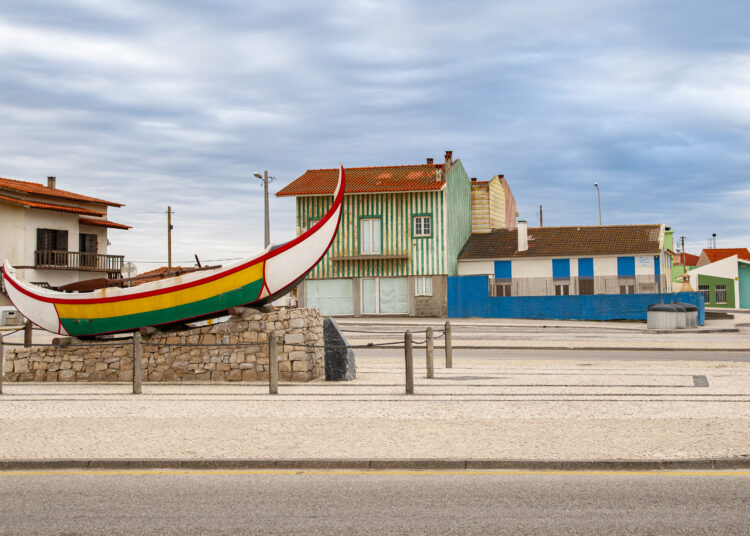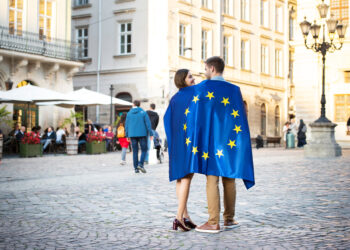EU Increases Schengen Visa Issuance to Russian Citizens by 25% in 2024
Despite ongoing geopolitical tensions and economic sanctions, European Union countries granted 25% more Schengen visas to Russian citizens in 2024 compared to the previous year. This increase signals a notable shift in travel and diplomatic relations between Russia and the EU, despite the continued restrictions on financial transactions and political conflicts.
While some EU nations have maintained strict visa policies for Russian applicants, others have opted for a more open approach, allowing an increasing number of Russians to travel for business, tourism, and family reunification. The trend raises questions about whether the EU is adjusting its stance toward Russian travelers or if economic factors are driving the surge in visa approvals.
Why Has Schengen Visa Issuance Increased for Russian Citizens?
Several key factors have contributed to the 25% rise in Schengen visas granted to Russians:
1. Economic Incentives and Tourism Recovery
• Many EU countries heavily rely on tourism revenue, and wealthy Russian travelers contribute significantly to sectors like luxury retail, real estate, and hospitality.
•Nations like France, Italy, and Spain have seen an increase in visa applications, particularly from high-net-worth individuals and business travelers.
2. Selective Visa Policies Among EU Nations
• While some Baltic and Eastern European countries (e.g., Estonia, Latvia, Lithuania, and Poland) have restricted visas for Russians, others, like France, Germany, and Italy, have continued issuing visas at a steady or increasing rate.
• Countries with strong economic ties to Russia have been more inclined to approve visas for business and investment purposes.
3. Demand for Alternative Residency and Citizenship Options
• Many Russians seeking long-term European access are applying for Golden Visa programs in countries like Portugal, Greece, and Spain.
•The increase in Schengen visa approvals may be linked to Russians exploring residency-by-investment pathways before stricter regulations are implemented.
How EU Countries Differ in Their Approach to Russian Travelers
The increase in visa approvals is not uniform across the EU, as different nations have taken varying stances on Russian visitors.
🔹 France and Italy have continued issuing business and long-term visas, focusing on economic ties rather than political tensions.
🔹 Germany has gradually increased approvals, particularly for family reunification and professional travelers.
🔹 Spain and Greece have encouraged wealthy Russian investors to apply for residency and property purchases through investment programs.
🔹 Poland, Estonia, Latvia, and Lithuania remain firmly opposed to granting visas, citing security concerns and support for Ukraine.
This fragmented approach within the EU has created a divergent visa landscape, where some countries prioritize economic recovery, while others maintain diplomatic restrictions on Russian citizens.
Impact on Travel, Business, and Real Estate
The rise in Schengen visa approvals for Russians is already impacting key economic sectors in Europe:
🏨 Tourism Boom in Southern Europe
• Luxury destinations in France, Italy, and Spain are experiencing higher spending from Russian travelers, particularly in high-end hotels, fashion, and fine dining.
🏠 Increased Russian Investment in Real Estate
•Countries with Golden Visa programs are seeing more Russian investors purchasing property, particularly in Portugal and Greece, where residency options remain open.
📈 More Russian Business Delegations in the EU
• Despite sanctions, Russian companies are still conducting business in Europe, particularly in industries like energy, manufacturing, and finance.
However, the political implications of this trend remain uncertain, as EU leaders weigh economic benefits against diplomatic consequences.
Will the Trend Continue in 2025?
With tensions between Russia and the EU still high, it remains to be seen whether Schengen visa approvals will continue to rise or if stricter regulations will be reintroduced.
If sanctions remain unchanged, the EU may tighten visa restrictions in response to political pressure. However, if economic priorities outweigh geopolitical concerns, wealthy Russians may continue to gain access to Schengen countries through visas, investments, and residency programs.
For now, businesses in tourism, real estate, and luxury goods are benefiting from the increase, while political analysts continue to debate whether this trend aligns with EU foreign policy objectives.
The 25% increase in Schengen visas granted to Russian citizens in 2024 highlights Europe’s complex and evolving approach to Russian travelers. While some EU nations maintain strict policies, others are welcoming Russian visitors, investors, and business professionals in greater numbers.
As the economic benefits of Russian tourism and investment grow, the EU may face internal divisions on how to handle visa policies moving forward. Whether the rise in approvals signals a shift in diplomatic attitudes or is purely driven by economic needs, it is clear that the relationship between Russia and Europe remains highly dynamic.













